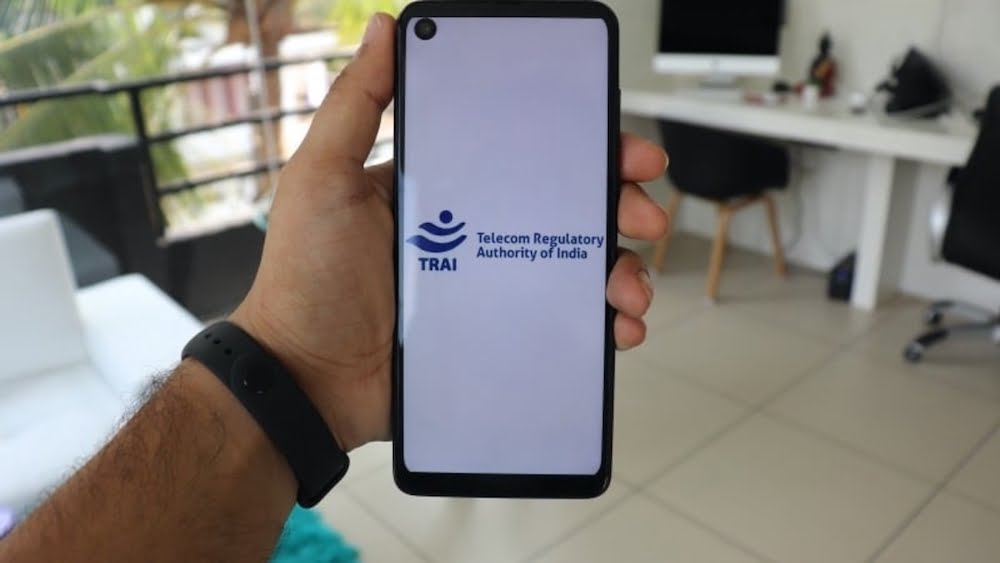Trai has issued a consultation paper to review all the terms related to international roaming. The move by the regulatory body will prevent the subscribers from bill shocks on using their mobile phones in abroad countries. As stated by Trai, the consultation service will help the regulatory body to find out all the reasons of bill shocks to consumers which happens when they opt for International Mobile Roaming (IMR). Also, Trai stated that it would evaluate the range of policies and measures which have been applied by telecom service providers in India and prevent instance bill shocks to their respective subscribers.
Inactive IMR Services Will Aid Subscribers
Trai has addressed the IMR services in the consultation paper and asked whether IMR services should be inactive by default while roaming in a foreign country. If the IMR services are inactive by default, users will save a lot of data as they will be protected from the background apps which eats their data. Not only this, but inactive IMR services will also push the users to have a detailed knowledge of the tariff plans and make a wise decision in case if they are travelling to foreign countries. The consultation paper also noted the huge disparity between the price of standard rates and IR packs
IR Packs are Rigid in Terms of Time
IR packs which are available for subscribers are affordable. However, these packs are not flexible in terms of the period. Users get the option of 1 day, 7 days and 30 days in IR packs. Since other options are not available in the IR packs, Trai stated that users have to face external burden if they want IR pack services for a longer period.
Last Date of Counter Comments on Consultation Paper is July 07, 2020
Trai addressed various other concerns which included mandating telcos to inform the subscribers by SMS regarding the non-availability of IR packs if they are landing in a country where IR pack is not applicable. Currently, Trai has set June 23, 2020, as the closing comment date and the last day of counter comments is July 07, 2020.
